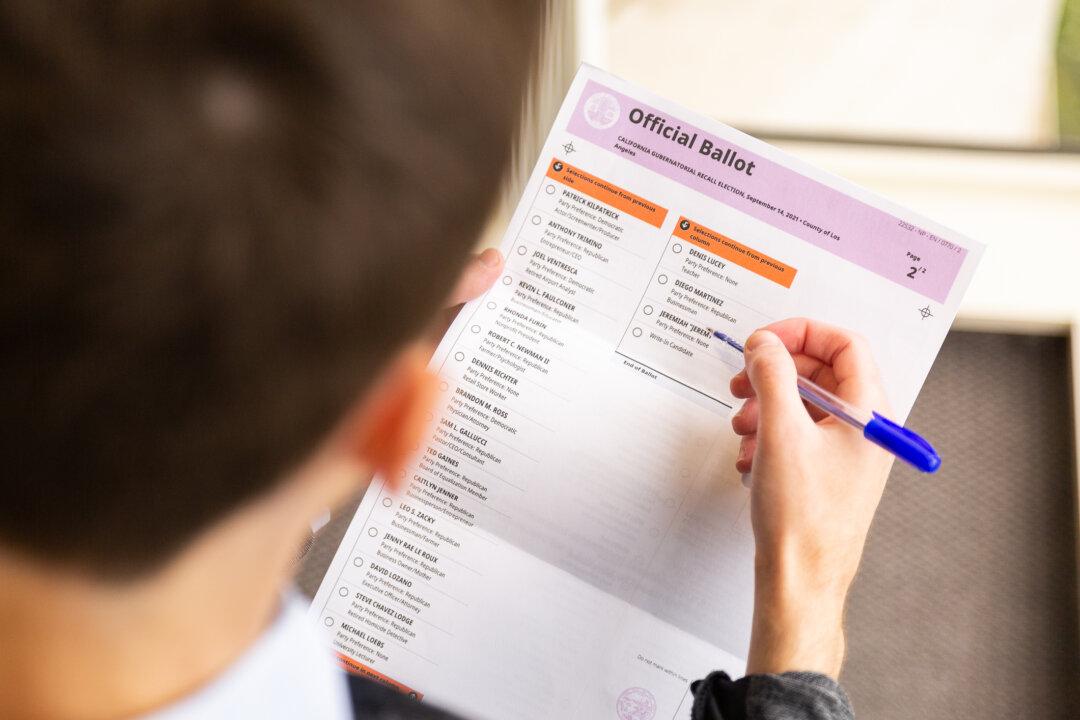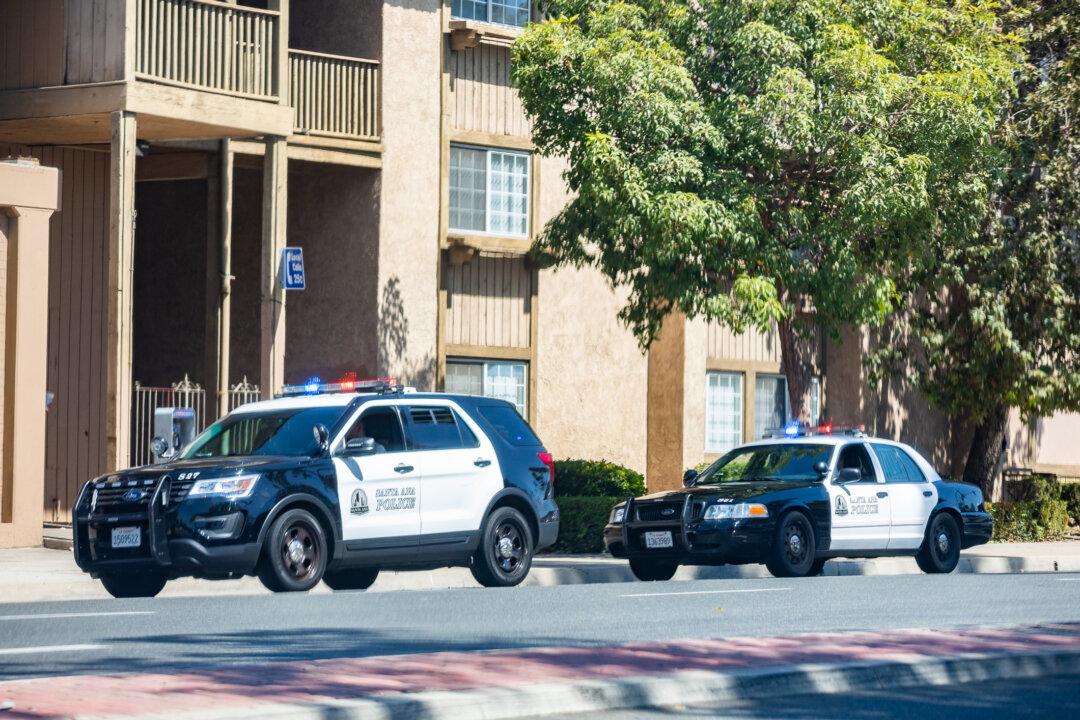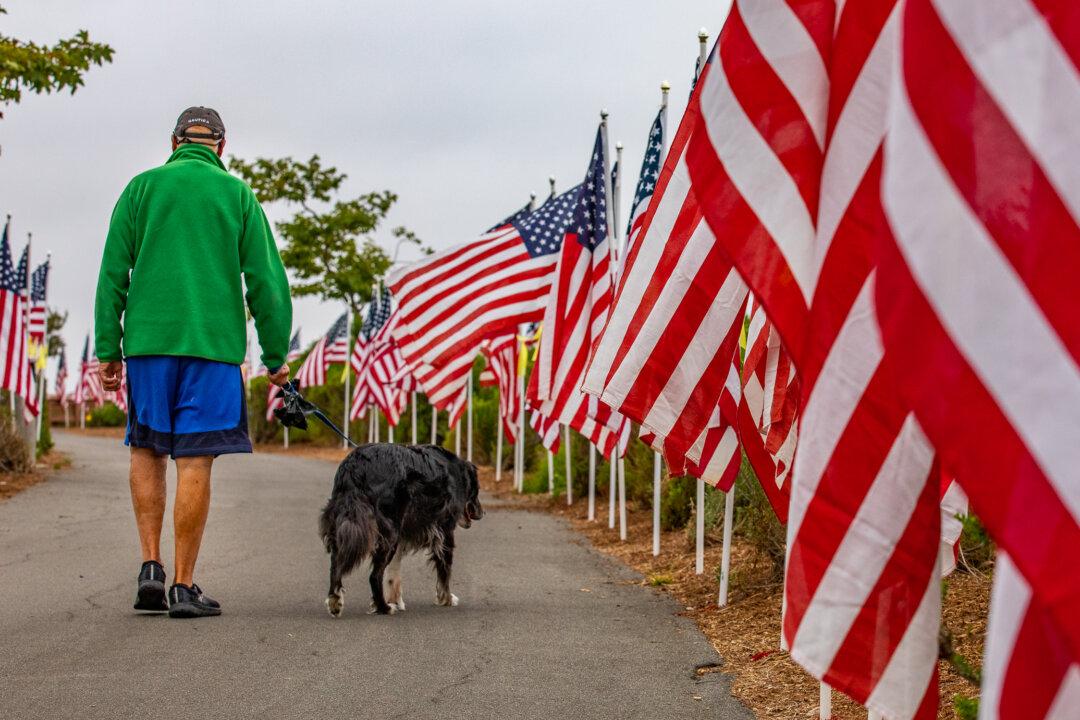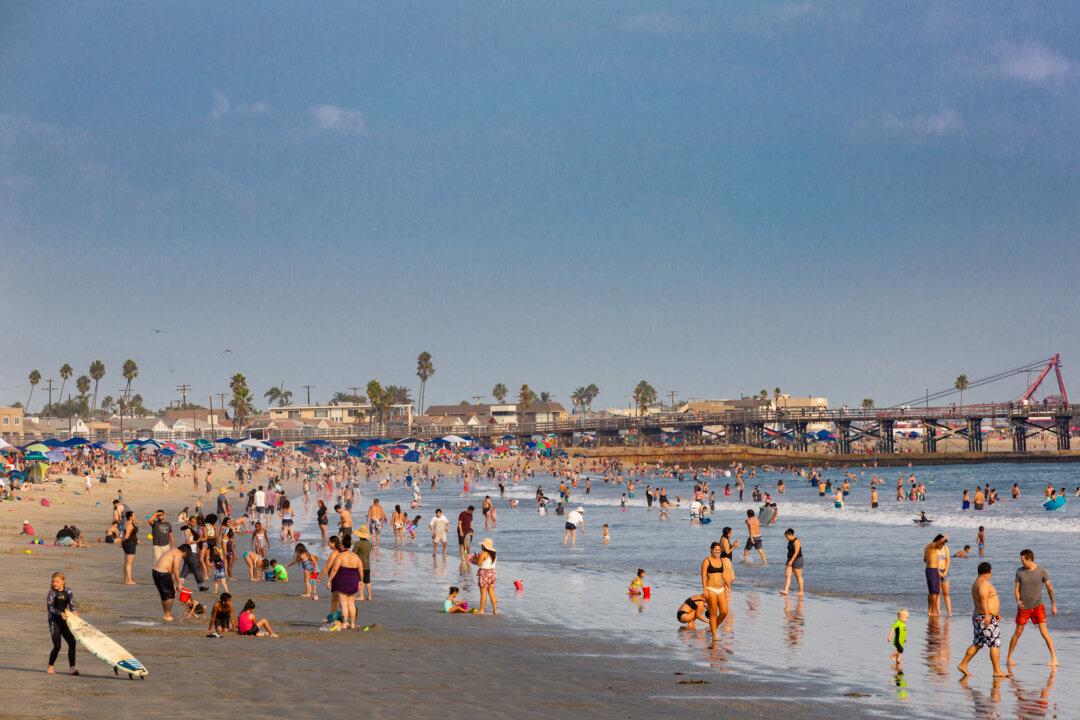As Election Day approaches for California’s recall election of Gov. Gavin Newsom on Sept. 14, 46 contenders have tossed their hats in the ring for the position.
While many of the candidates cite similar reasons to vote “yes” on the recall, they all maintain that Newsom allegedly committed abuse of governorship power through the use of COVID-19 lockdowns, mask mandates, crime, housing and living costs, homelessness, and wildfires.





